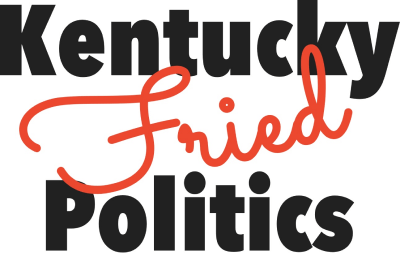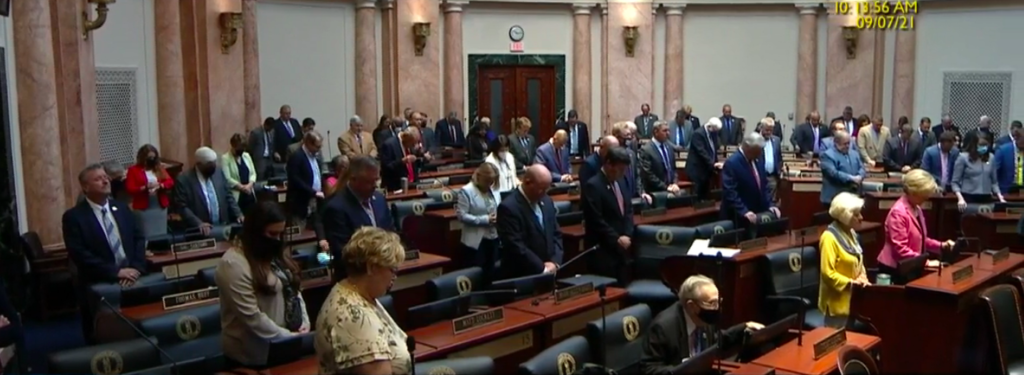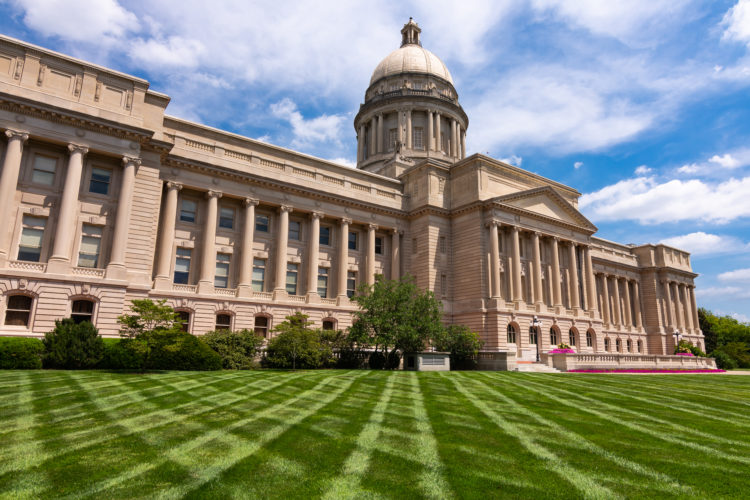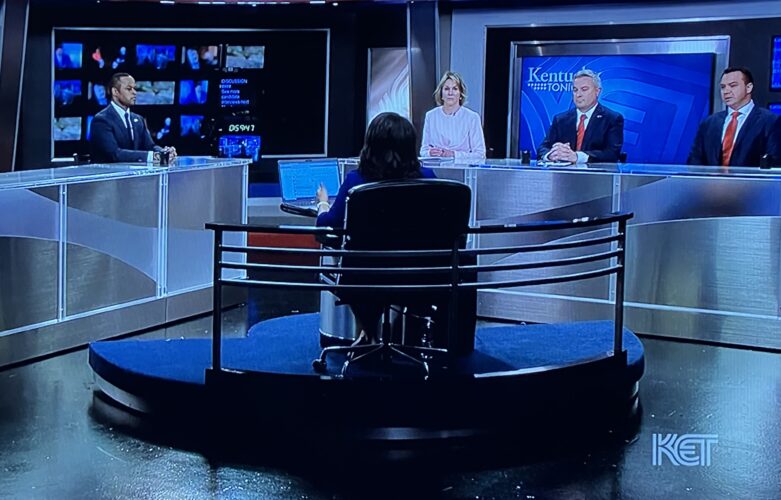The Kentucky General Assembly reconvened at the call of the governor on Tuesday for what is expected to be a three-day special session to pass COVID safety measures after the state Supreme Court curtailed Gov. Andy Beshear’s emergency powers.
Republican supermajorities in the Hosue and Senate put forth a series of bills on Tuesday aimed at ending the Kentucky Department of Education’s mask mandate and delivering control to local school districts, legislation would also effectively limit Gov. Beshear’s ability to issue new executive orders similar to orders he has previously issued, another bill introduced on Tuesday would limit legislative pay during veto days of extraordinary special sessions.
When enacted, Senate Bill 1 would end a mask mandate and give local school boards control to enact procedures and plans that would align with what they’re seeing in their own communities. The bill passed on a party-line vote from the committee on Tuesday and is expected to be voted on by the full Senate on Wednesday. The bill also prevents the administration from creating new regulations similar to previous emergency orders enforcing mask mandates in schools and child care facilities.
Lawmakers are also proposing how they will appropriate $69 million in Coronavirus State Fiscal Recovery Fund of the American Rescue Plan Act funds. View that draft legislation here.
Democrats in the upper chamber bristled at the bills coming from the majority party.
“We cannot micromanage this crisis from this chamber,” said Senate Minority Floor Leader Morgan McGarvey, D-Louisville.
The legaility of anything that comes from the three-day special session could be challenged. A three-day session would be a first in Kentucky political history. Lawmakers have passed much less controversial bills with broad agreement in a single day that have witheld Constitutional muster. The legislature generally uses a full-five days in extraordinary special sessions to pass legislation allowing for the required three readings of legislation prior to passage.




 Login
Login  Must include at least 8 charaters
Must include at least 8 charaters



